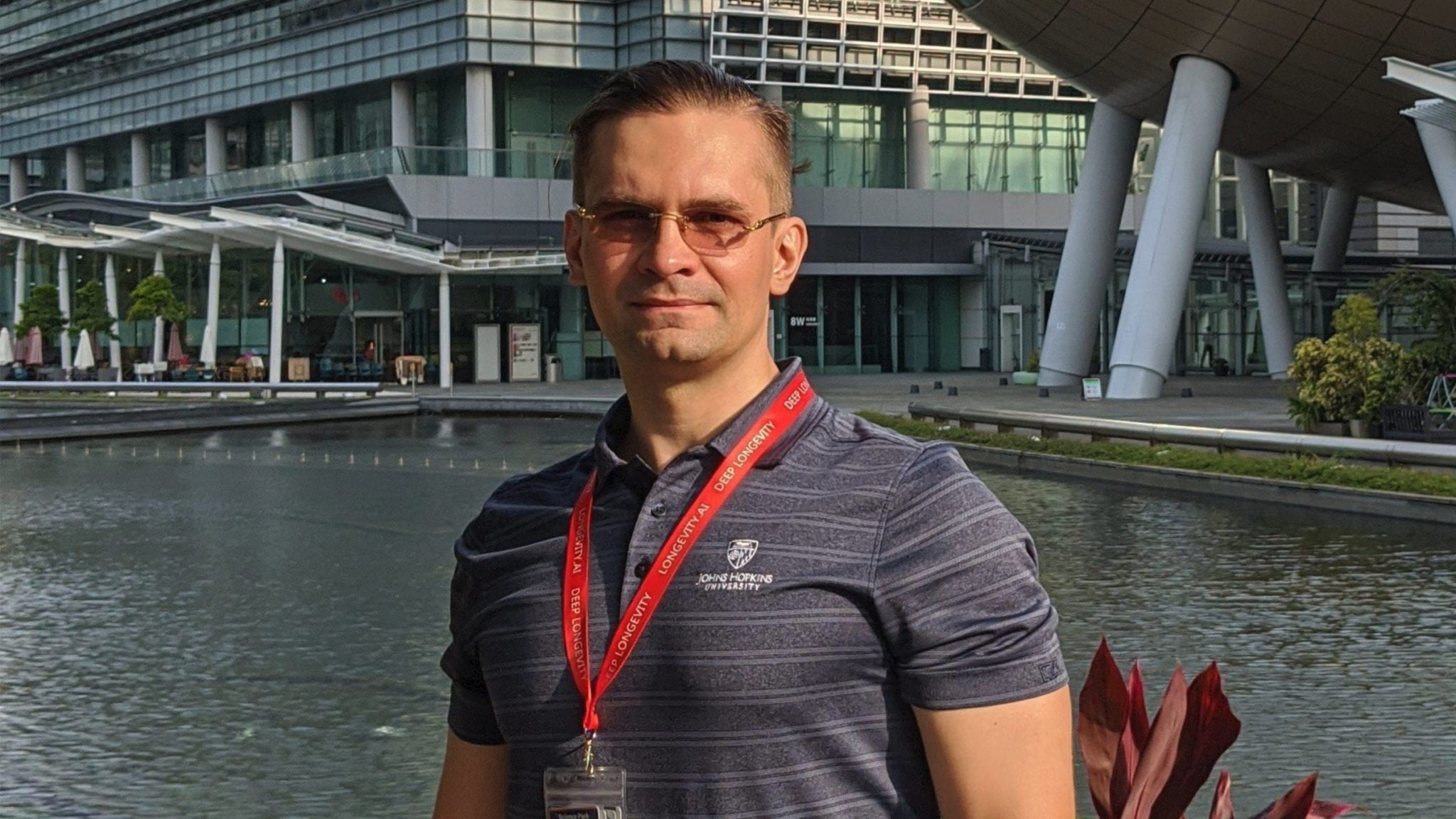
'Longevity as a service': Insilico spins off AI biotech that trains deep learning on anti-aging treatments
Since its inception in 2014, Insilico has racked up deal after deal on the promise that artificial intelligence can hasten drug development, touting their work on discovering small molecules. The biotech’s founder, Alex Zhavoronkov, has published several scientific papers quantifying just how impactful this technology can be.
On Tuesday, Zhavoronkov extended his AI expertise into the field of anti-aging.
Unlock this article instantly by becoming a free subscriber.
You’ll get access to free articles each month, plus you can customize what newsletters get delivered to your inbox each week, including breaking news.